This story was produced by the State College regional bureau of Spotlight PA, an independent, nonpartisan newsroom dedicated to investigative and public-service journalism for Pennsylvania. Sign up for Talk of the Town, a weekly newsletter of local stories that dig deep, events, and more from north-central PA, at spotlightpa.org/newsletters/talkofthetown.
The Penn State Board of Trustees plans to meet virtually this month to determine the fate of multiple campuses, a decision that will impact the futures of thousands of students and employees.
However, the online-only nature of the meeting could run afoul of Pennsylvania’s public meetings law, according to legal experts.
“There’s nothing in Pennsylvania law that allows a virtual only public meeting under the Sunshine Act,” said Melissa Melewsky, media counsel for the Pennsylvania NewsMedia Association, of which Spotlight PA is a member.
If the meeting’s legality is challenged in court, a judge could potentially overturn any decision made at the meeting, she added.
Trustees will not consider closures on a campus-by-campus basis when they hold the special meeting, a university spokesperson told Spotlight PA. Instead, they’ll vote on a single plan from President Neeli Bendapudi proposing which campuses to shutter. The plan will require a simple majority to pass.
Trustees will gather at the University Park campus this week for a series of in-person meetings ahead of graduation festivities, but campus closures are not on the agenda.
According to three people with knowledge of the board’s schedule, trustees are instead expected to vote on the president’s proposal when they meet virtually this month. The trustees held a similar, virtual-only meeting last May to pass the $700 million Beaver Stadium renovation plan.
This structure could be problematic, Melewsky told Spotlight PA, as Pennsylvania’s Sunshine Act — the law requiring transparency and public access to the meetings of governing bodies like Penn State’s board — doesn’t expressly allow for virtual-only meetings. However, only a judge can rule whether the law was broken.
“If there’s an issue under the Sunshine Act and someone feels the law has been violated, they have a statutory right to pursue the issue in court,” Melewsky said. “And if a court would find there was a violation, the court could do a number of things, including rescinding any official action taken at that public meeting.”
In recent weeks, some trustees have questioned the university’s stated reasons and goals behind shutting down locations, the first sign of public fractures among leaders over how Penn State is handling the statewide campus system.
Meanwhile, the people whose livelihoods and communities are at risk have grown more vocal.
An open letter to trustees asking Penn State to consider options other than closing locations received hundreds of signatures, though it’s unclear if board leadership will see it. Andrea Adolph, a Penn State New Kensington professor who authored the piece, said the letter is too long for the board’s online public comment portal — the primary way the board gets public input. The website limits submissions to 500 words.
Penn State has not allowed in-person or virtual spoken comments during public meetings since 2021.
Joy Ramsingh, an attorney who specializes in public meetings law, told Spotlight PA a strong legal argument could be made that the board’s conduct exploits loopholes in Pennsylvania transparency statute and is contrary to what the General Assembly intended.
“If you’re going to go and you’re going to have days of back-to-back meetings and then, five days later, you’re doing a virtual meeting just because this is more of a stickier subject, I think you’re in hot water as far as the Sunshine Act is concerned,” Ramsingh said.
Neither Penn State’s Office of Strategic Communications nor its board leaders responded to questions about the public comment procedures or the legality of its virtual meetings.
Trustee and faculty pushback
The details of the president’s proposal to close campuses remain unknown. The university has previously said it will keep at least eight of its locations — Abington, Altoona, Behrend, Berks, Brandywine, Great Valley, Harrisburg, and Lehigh Valley. These campuses have the largest enrollments and are in regions of the state with stable or growing populations.
The remaining locations — Beaver, DuBois, Fayette, Greater Allegheny, Hazleton, Mont Alto, New Kensington, Schuylkill, Scranton, Shenango, Wilkes-Barre, and York — are under review by Bendapudi’s administration and could close after the 2026-27 academic year. The university has said it will retain a presence in Northeast Pennsylvania and the Pittsburgh region.
Until an announcement last month, it was unclear whether the university’s governing body would be involved in the decision. A university spokesperson previously declined to say whether or how trustees would be involved, and the president said publicly that closing campuses was an administrative decision she would make. Board support might not be unanimous.
In April, a group of five current and former university leaders, including current alumni-elected trustees Ted Brown and Jay Paterno, published an op-ed in StateCollege.com calling on the university to delay a decision until other options are considered. The declining commonwealth campus enrollments, often cited in arguments for closure, have flattened in recent years and the statewide system’s budget deficit costs Penn State less than 1% of its total budget, the group argued.
Paterno told Spotlight PA he would like to see more innovative choices for the campuses beyond staying open or closing. Trustees should be more involved with this plan given the potential impact, he said. “I would rather be a year late than a day early on a decision this big,” Paterno said.
Alice Pope, another co-author of the op-ed and an emerita trustee who cannot vote on a proposal, told Spotlight PA she feels the decision is being rushed.
“Before we take the irreversible step of closing any of our campuses, it seems to me we should first come together as a community to reimagine how we should fulfill our land grant mission in the next hundred years,” Pope wrote in a statement. (Brown did not respond to a request for comment for this story.)
The op-ed sparked Adolph, the New Kensington professor, to also write a public letter.
“Until very recently, we were all under the impression that the board was all there, all on board, and perhaps even hired [Bendapudi] to do this work,” she told Spotlight PA.
As of May 6, Adolph’s letter has received more than 600 signatures, including from alumni-elected trustee Barry Fenchak.
The statewide campus system, the letter argues, helps Penn State embody its land grant mission. Closing campuses would backtrack on the promises made to students across the state, the document reads.
Penn State’s commonwealth system enrolls a more racially diverse group of people, a greater percentage of Pennsylvania residents, and more first-generation college students than University Park, according to data reviewed by Spotlight PA.
One signatory of Adolph’s letter, Victor Brunsden, told Spotlight PA he wants trustees to reject Bendapudi’s closure plan. The administration has not been transparent about how it’s making decisions, including the criteria that will determine which locations survive, the Penn State Altoona professor said. First, the university said closures were a financial decision, he said, then the administration said some campuses were not providing students with the “Penn State experience.”
“That statement implies to me that unless students are able to go to every home football game, unless they are able to be in classes with 1,000 other students at the same time, they are not getting the ‘Penn State experience,’” Brunsden said. “It’s insulting to the work that a lot of my colleagues, both faculty and staff, do at the campuses. I think it’s insulting to the students, too.”
Last week, Nicholas Rowland, the academic trustee on Penn State’s board, wrote in StateCollege.com that Penn State should not operate like a business. “Our campuses are not line items to cut or assets to liquidate; they are integral parts of the whole,” Rowland said. “They are family. And while every family faces difficult seasons, we do not abandon one another when times are hard. We come together.” (Rowland did not respond to a request for comment for this story.)
Public comment
While these critiques from sitting trustees are notable, Penn State’s board has 36 voting members. Dissent from even a dozen trustees would not stop or delay a closure plan. Rejection would be historic.
A previous Spotlight PA analysis of trustee voting data between 2019 and 2024 found that the trustees passed nearly 85% of measures without a single oppositional vote. The board voted down just four of the 328 measures it considered during this period, three of which were motions a trustee proposed mid-meeting. The other, in July, was an option for how trustees should be elected to the board.
Apart from those votes, most trustees had not recorded a single dissenting vote, the analysis showed.
A university spokesperson said the public can provide written comments online ahead of the meeting. Penn State has not allowed in-person or virtual spoken comments during public meetings since 2021.
Restricting public comment — through moves such as requiring submission deadlines or not allowing in-person statements — raises free speech questions, Ramsingh said. Limiting speech generally backfires, she said, and draws more attention to the topic.
“The board doesn’t have to agree with what the public says,” Ramsingh said. “But that’s the piece that I think a lot of them don’t understand: It’s that hearing an opinion that is contrary to yours is not an attack. It’s this idea that we can come together when we have different opinions. We can disagree. … We’re going to do all this together in the same room. But if you try to suppress that, this is like trying to drown a fire out with kerosene.”
Adolph said her open letter is exactly the kind of statement that the trustees should hear in person. Otherwise, there’s no way to ensure the trustees receive that perspective, she said.
Spotlight PA, in partnership with the Reporters Committee for Freedom of the Press, sued the trustees in December 2023 for alleged violations of the Sunshine Act. The suit — which was amended to include additional allegations following the board’s February and May 2024 meetings — argues the trustees illegally conducted public business in private. The case is ongoing in the Centre County Court of Common Pleas.
SUPPORT THIS JOURNALISM and help us reinvigorate local news in north-central Pennsylvania at spotlightpa.org/donate. Spotlight PA is funded by foundations and readers like you who are committed to accountability and public-service journalism that gets results.




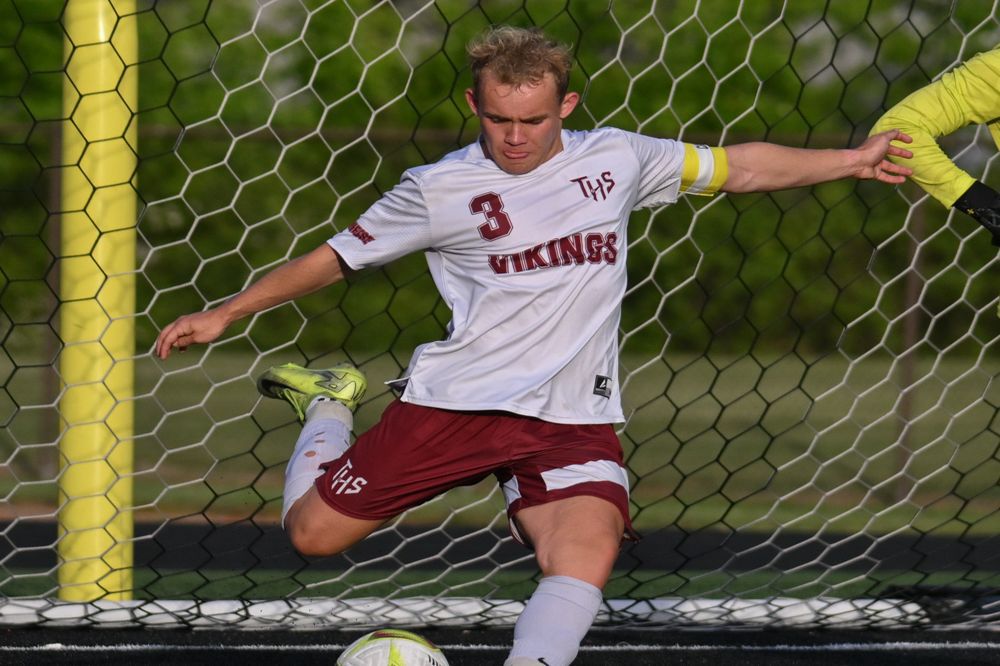




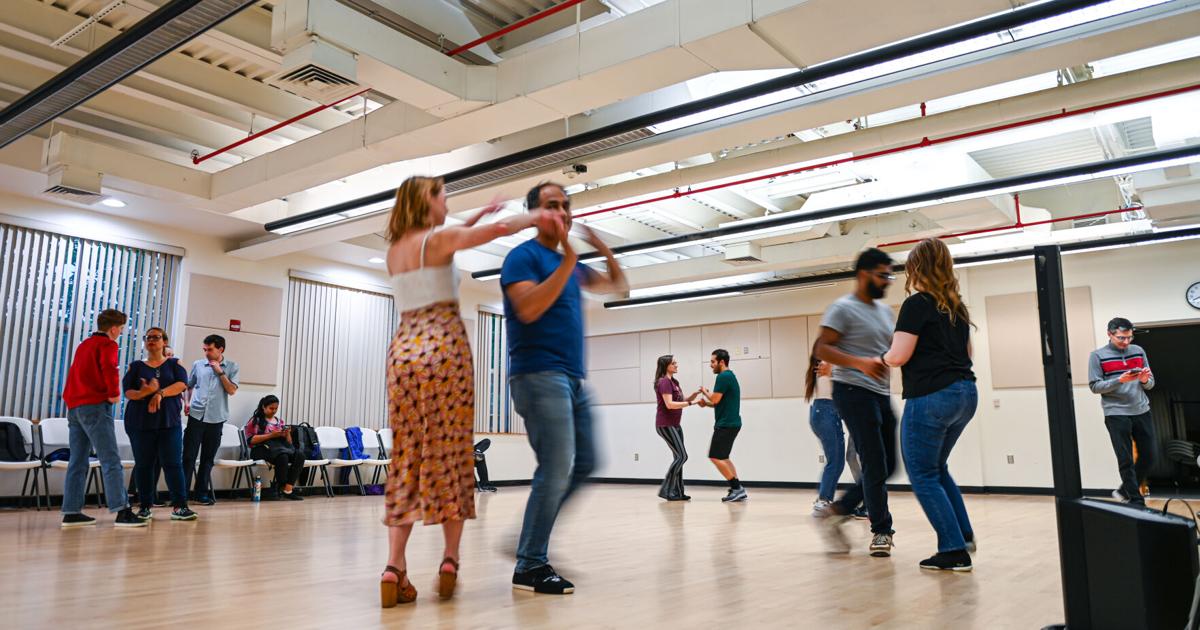

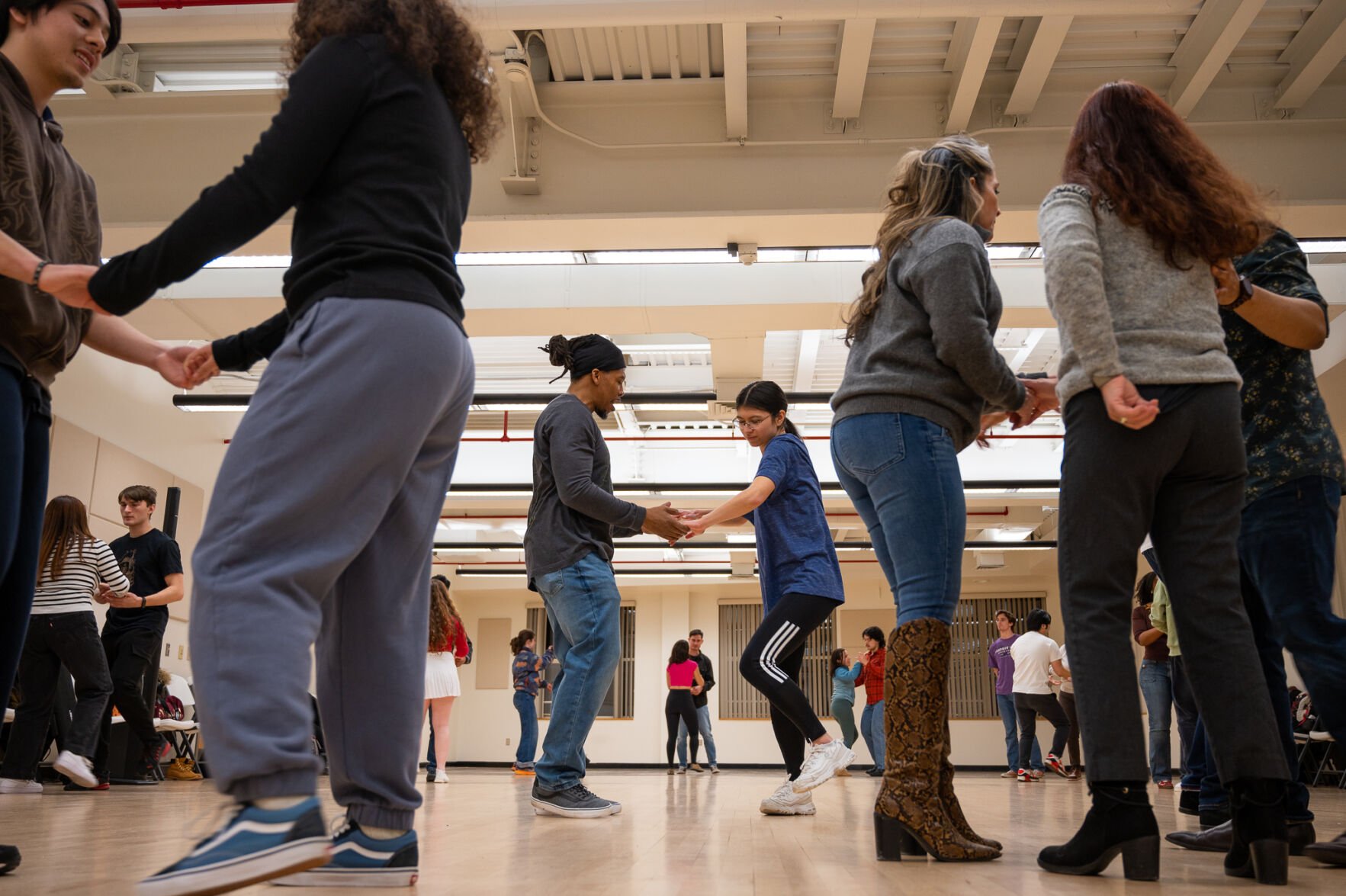
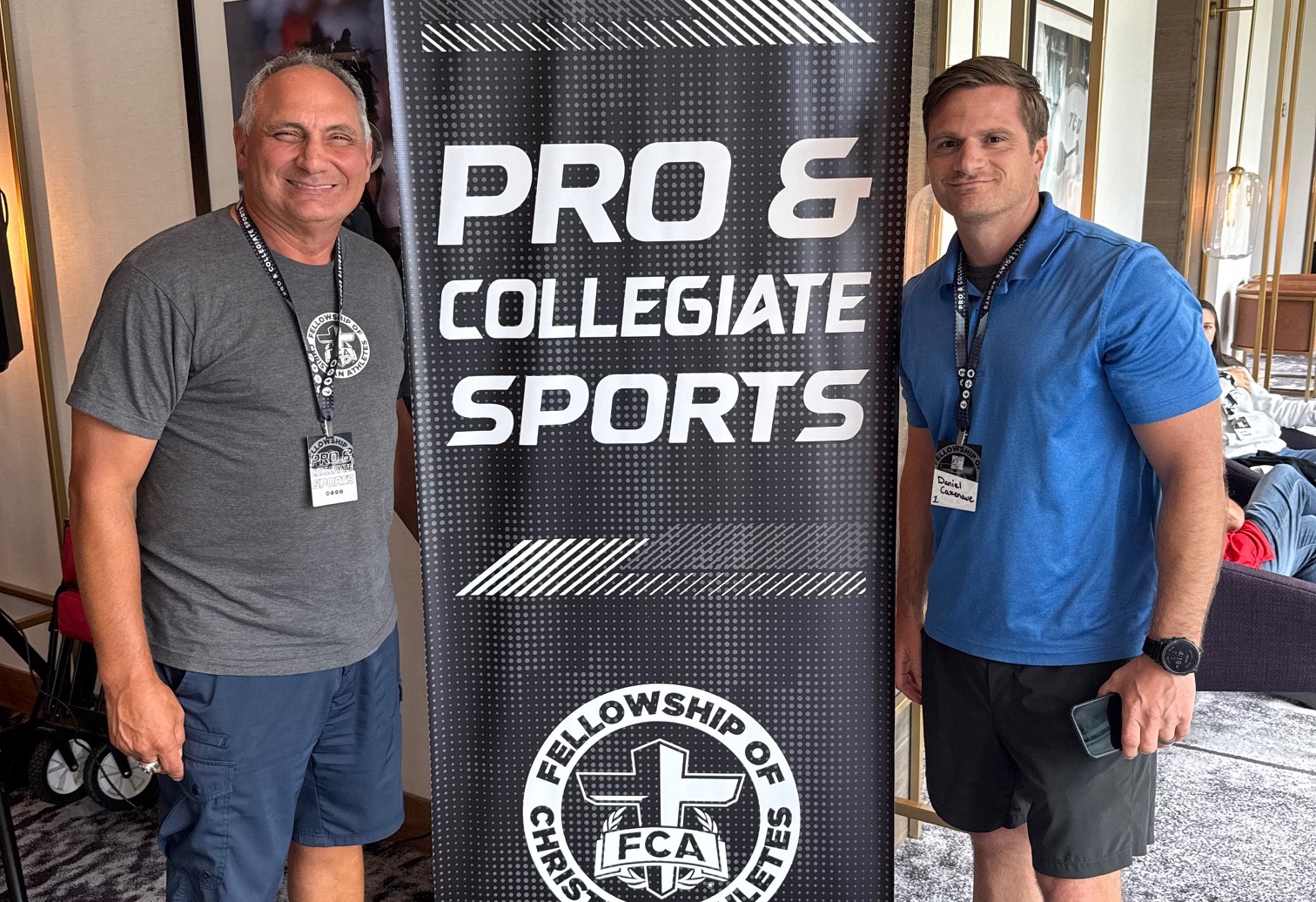
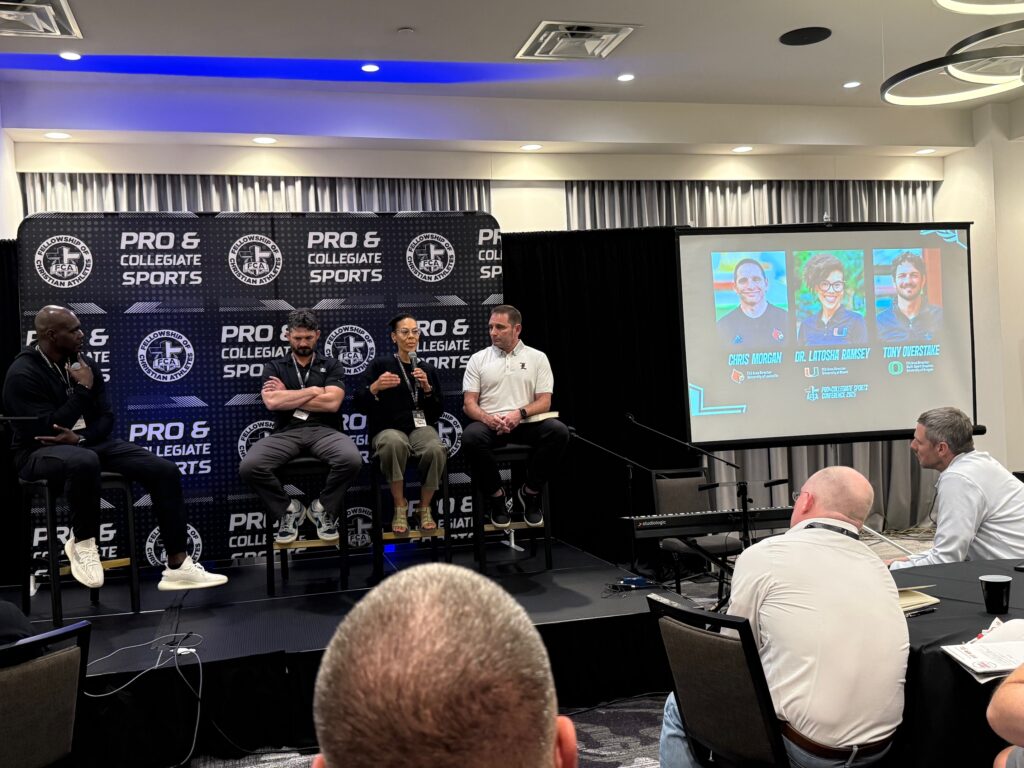

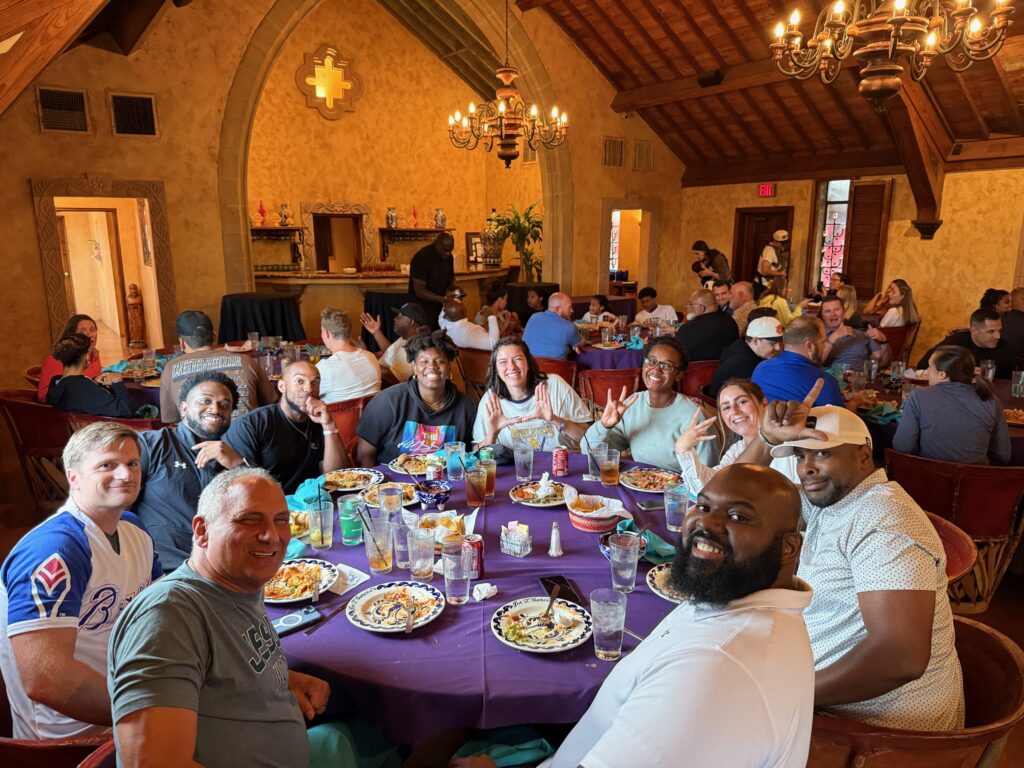


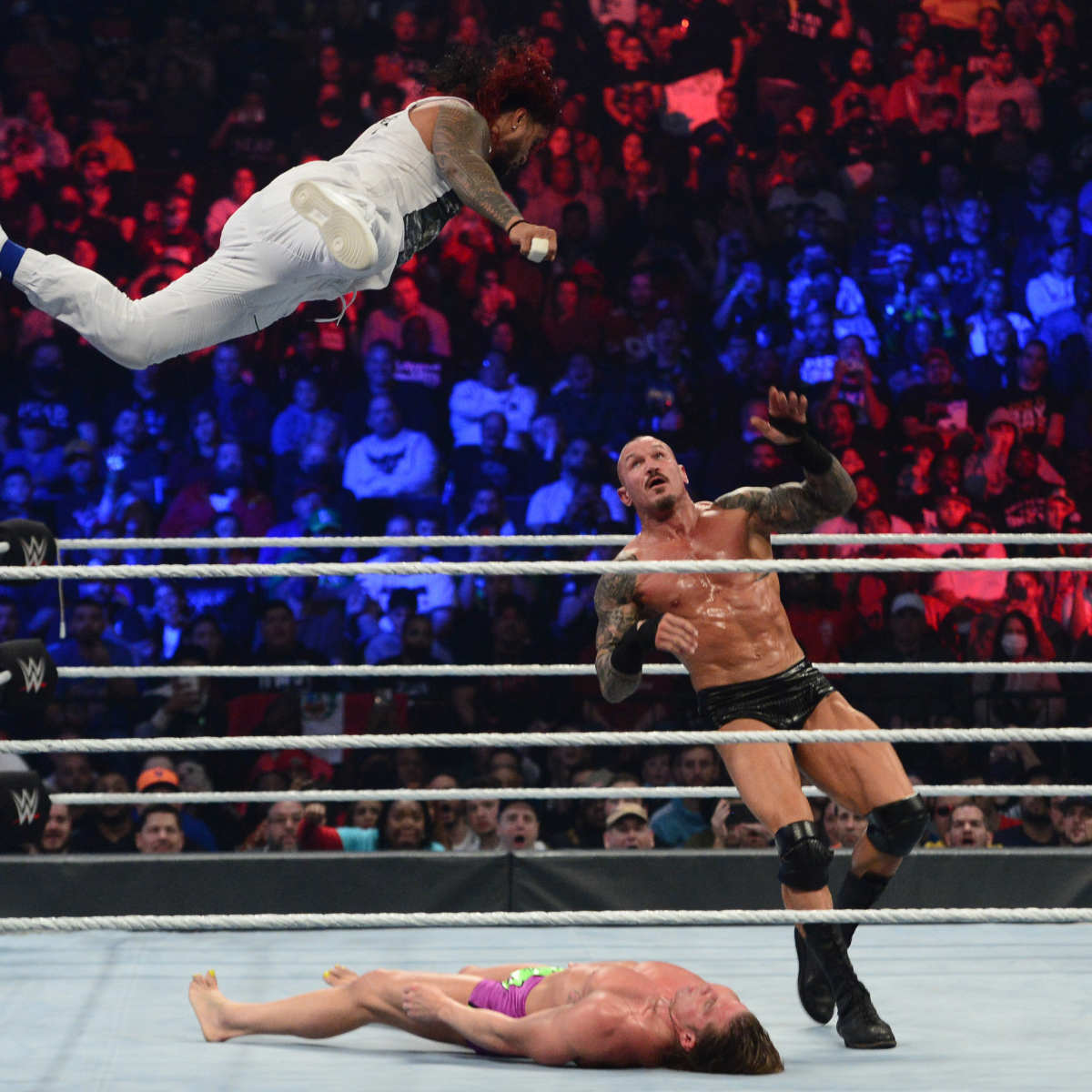













 COLLECTIVE COLLAPSE OF EPIC PROPORTIONS! | First Take
COLLECTIVE COLLAPSE OF EPIC PROPORTIONS! | First Take



























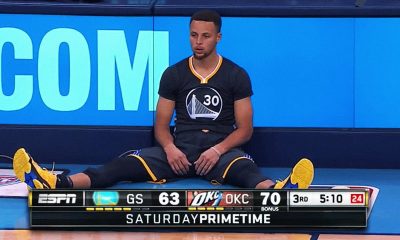







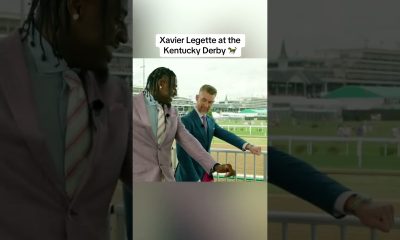


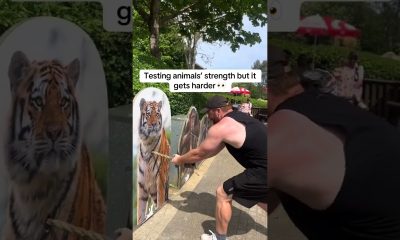

 (via @zackystrong.pt/TT)
(via @zackystrong.pt/TT)